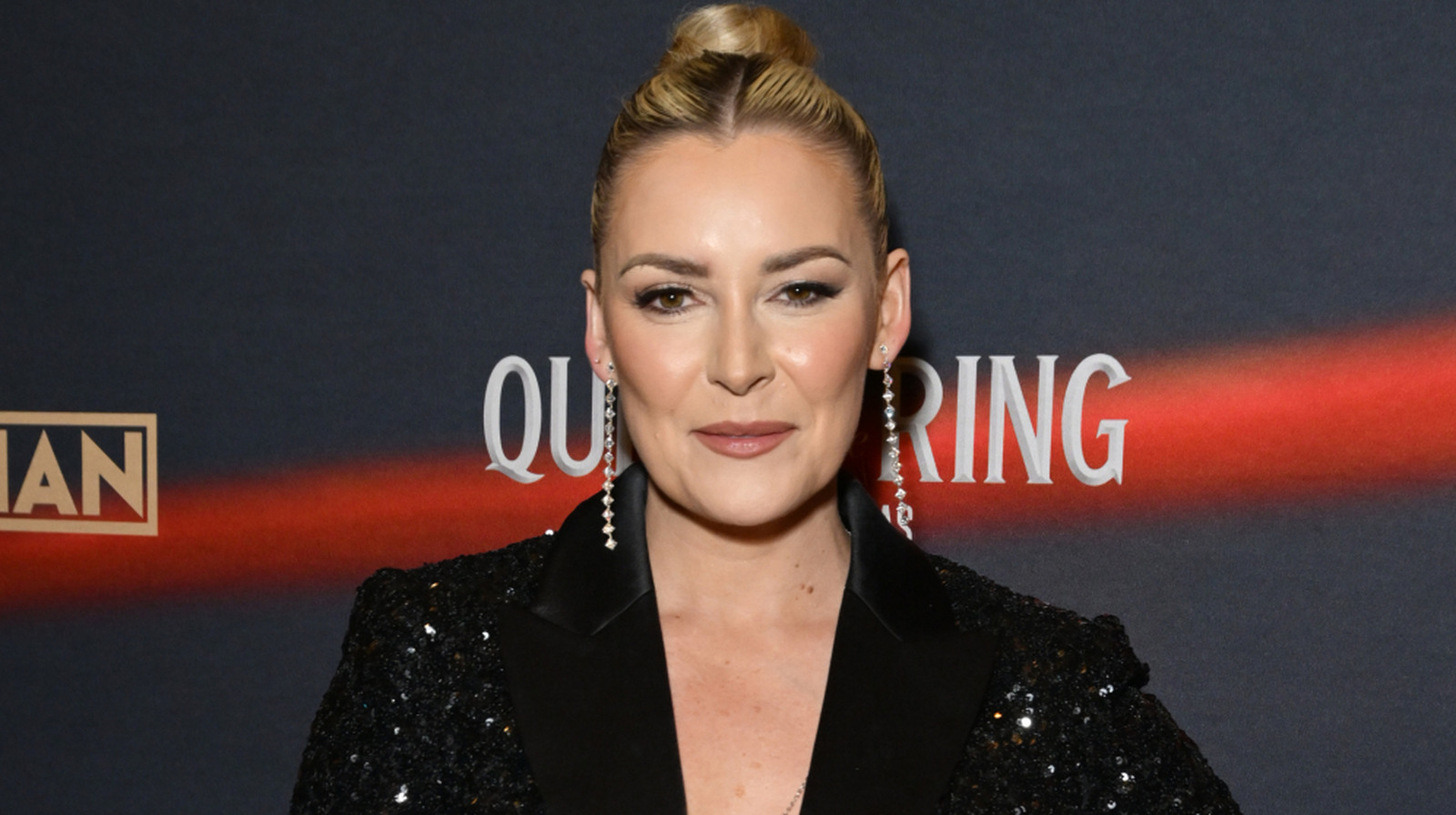
The parent company of beleaguered telecommunications giant Optus, Singapore Telecommunications (Singtel), has come under scrutiny after it was revealed that it paid no corporate tax on more than $8.2 billion in income from Australian customers. This revelation is part of a broader trend where the federal budget increasingly relies on contributions from the mining and banking sectors.
The Australian Tax Office (ATO) released its annual corporate tax report this morning, detailing the income and taxes paid by the nation’s largest private and public companies. In the fiscal year 2023-24, over 4000 firms collectively paid $95.7 billion in tax on $3.3 trillion of income. However, Singtel was notably absent from the list of tax-paying entities, despite declaring substantial income.
Corporate Tax Evasion: A Recurring Theme
This marks the fourth consecutive year that Singtel has declared over $8 billion in income without paying corporate tax. The last time the company contributed was in 2019-20, when it paid $43 million on a taxable income of $181.8 million from $9 billion in total income. The situation has sparked debate over corporate tax strategies and their implications for the Australian economy.
Global meat producer JBS also reported no taxable income on its $19.7 billion earnings, continuing its trend of minimizing tax obligations. Meanwhile, Qantas, which was the leading non-tax paying company in 2022-23, paid a modest $8 million on $21.6 billion in income for 2023-24.
Other Major Firms Avoiding Tax
Several other prominent companies, including Netflix, Transurban, Toll Holdings, Tabcorp, Virgin Australia, and News Australia, were reported to have paid no tax despite substantial earnings. Netflix, for instance, earned $1.2 billion, while Virgin Australia reported $5.8 billion in income.
The ATO noted that a record low of 28 percent of large firms, over 1000 in total, did not pay tax during the year. Legitimate reasons such as poor trading conditions or the utilization of previous year tax losses were cited as explanations for this trend.
Mining and Banking: The Backbone of Tax Revenue
In contrast, the mining and banking sectors continue to be the backbone of Australia’s tax revenue. The top 10 taxpayers included Windfield Holdings, a company heavily involved in lithium development, which paid $2.6 billion in tax on $8.8 billion of taxable income.
Rio Tinto emerged as the largest taxpayer, contributing $6.3 billion in income tax on $52.8 billion in total income, marking a $500 million increase from the previous year.
BHP Group and its associated company, BHP Iron Ore, also made significant contributions, with tax payments of $6 billion and $2.1 billion, respectively. Other major mining contributors included Fortescue, Glencore Investments, Woodside, and Roy Hill Holdings.
Fluctuations in the Energy Sector
The 2023-24 tax result slightly declined from the record $97.9 billion paid in 2022-23, primarily due to reduced contributions from the mining and energy sectors. The latter paid $48.5 billion in tax on $679.1 billion in income, compared to $54.7 billion on $734.6 billion the previous year. Lower commodity prices were a significant factor in this decline, although tax revenue from oil and gas firms rose to $10.4 billion as more companies exhausted previously accrued losses.
The Petroleum Resources Rent Tax (PRRT) collections fell to $1.5 billion from $1.9 billion, despite an increase in the number of companies paying the tax. This year marked the beginning of federal government PRRT reforms aimed at accelerating tax collections.
Compliance and Future Implications
Assistant Tax Commissioner Michelle Sams highlighted Australia’s high levels of tax compliance among large businesses, with 94.1 percent of tax paid voluntarily and 96.3 percent after compliance actions. “The data continues to demonstrate the high levels of compliance amongst our largest corporates, which is what the Australian community expects,” she stated.
In the technology sector, Australian company Atlassian led in tax contributions, paying $252.8 million on $6.2 billion of income. This was a significant increase from the $9.3 million paid on $5 billion the previous year. Other tech giants like Microsoft, Apple, and Google also made substantial tax payments.
The ongoing scrutiny of corporate tax practices is likely to persist, with potential policy implications and reforms aimed at ensuring fair contributions from all sectors. As the Australian government continues to rely heavily on mining and banking for tax revenue, the balance of contributions across industries remains a critical issue.







